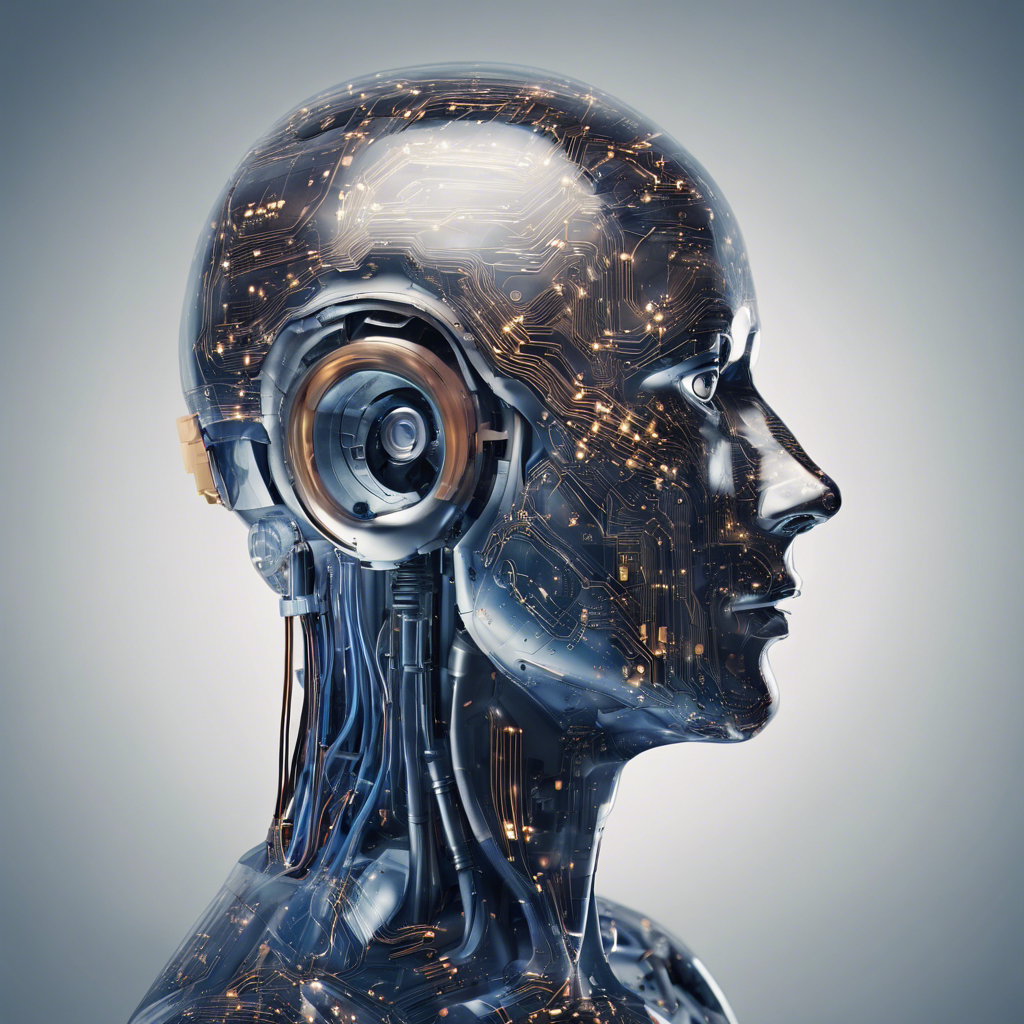The AI Act: A New Era for Artificial Intelligence in Europe

Europe Prepares for the Implementation of the AI Act
In a significant development for the field of artificial intelligence (AI), the European Union (EU) has approved the AI Act, which is set to come into effect in 2024. The Act aims to regulate the use of AI technology and ensure that it aligns with fundamental rights and values. While many AI applications will not be affected, certain high-risk uses will face new standards and restrictions. This article explores the implications of the AI Act and its potential impact on the AI sector in Europe.
Stricter Standards for High-Risk AI Applications
The AI Act will require companies developing foundation models and applications in sectors such as education, healthcare, and policing to meet new EU standards. These sectors, which directly impact individuals’ fundamental rights, will need to comply with regulations to ensure the responsible and ethical use of AI. For instance, the police will require court approval for using AI technology in public places, with specific purposes limited to fighting terrorism, preventing human trafficking, or locating missing persons.
Bans on Certain AI Uses
The AI Act will impose outright bans on certain AI applications within the EU. Facial recognition databases, similar to Clearview AI’s, will be prohibited, as will the use of emotion recognition technology in workplaces and schools. These bans reflect the EU’s commitment to safeguarding privacy and protecting individuals from potential misuse of AI technology. By prohibiting these applications, the EU aims to prevent the proliferation of invasive surveillance practices and potential discrimination.
Increased Transparency and Accountability
Under the AI Act, companies will be required to be more transparent about their AI model development processes. They must document their work thoroughly to allow for auditing and ensure compliance with regulations. High-risk AI systems will need to be trained and tested using representative data sets to minimize biases. The Act also holds companies and organizations accountable for any harm caused by their AI systems. This increased transparency and accountability aim to foster trust and mitigate potential risks associated with AI technology.
Compliance and Implementation Timeline
Companies developing foundation models, such as GPT-4 and Gemini, must comply with the AI Act within one year of its implementation. Other tech companies have a two-year timeline to implement the regulations. This timeframe allows companies to adapt their AI systems and processes to meet the new requirements. Compliance with the AI Act is essential, as failure to do so may result in steep fines or the blocking of products from the EU market.
Impact on Open-Source AI Companies
Open-source AI companies are exempted from most transparency requirements outlined in the AI Act, provided they are not developing models as computing-intensive as GPT-4. This exemption recognizes the collaborative nature of open-source development and aims to encourage innovation while ensuring responsible AI practices. However, open-source AI companies must still adhere to the regulations if their models fall within the high-risk category.
Conclusion:
The AI Act represents a significant step towards ensuring the responsible and ethical use of AI technology in Europe. By imposing stricter standards on high-risk AI applications and outright banning certain uses, the EU aims to protect fundamental rights, privacy, and prevent potential harm. Increased transparency and accountability requirements will foster trust and minimize biases in AI systems. As the AI sector prepares for the implementation of the AI Act, it must adapt its practices to comply with the regulations, ensuring that AI technology benefits society while minimizing risks. The EU’s ongoing efforts, such as the AI Liability Directive, further demonstrate its commitment to addressing the challenges posed by AI and protecting individuals who may be affected by its use.

